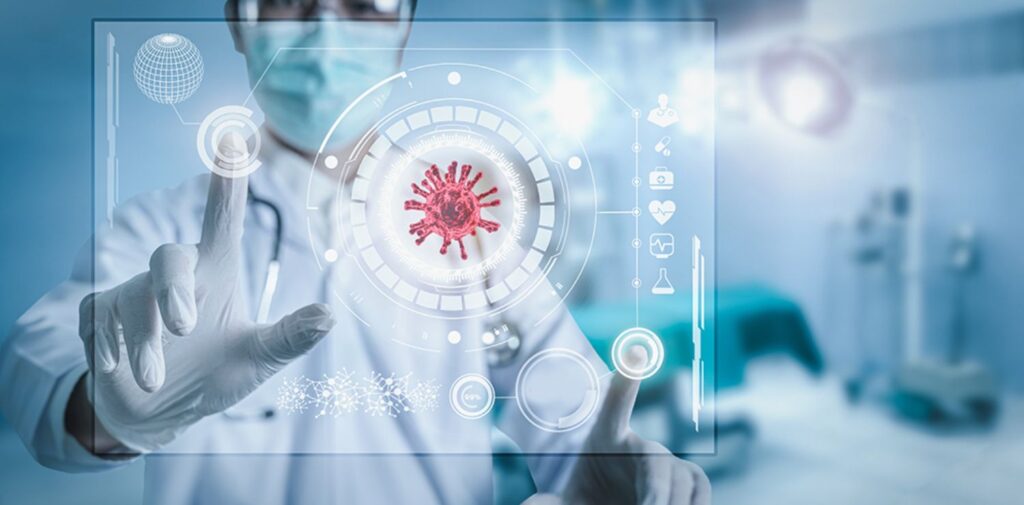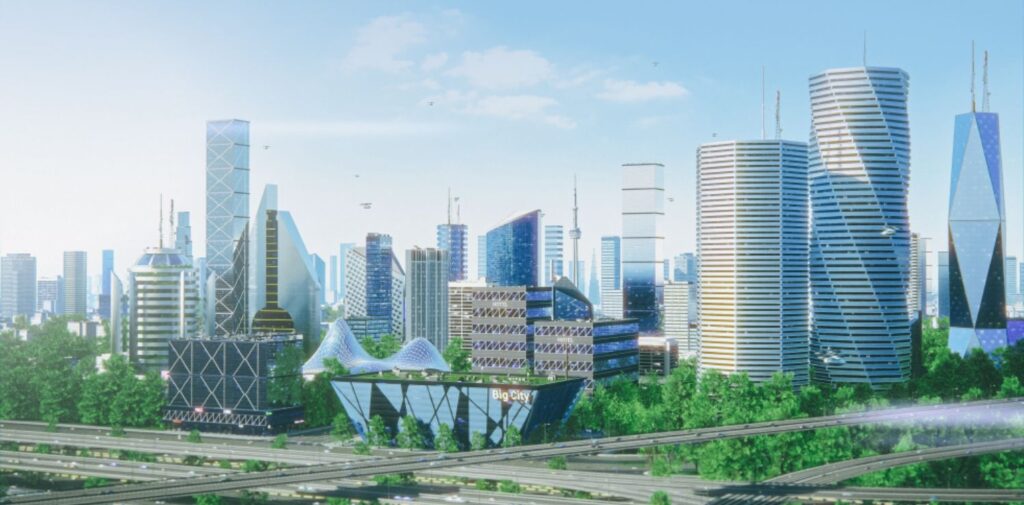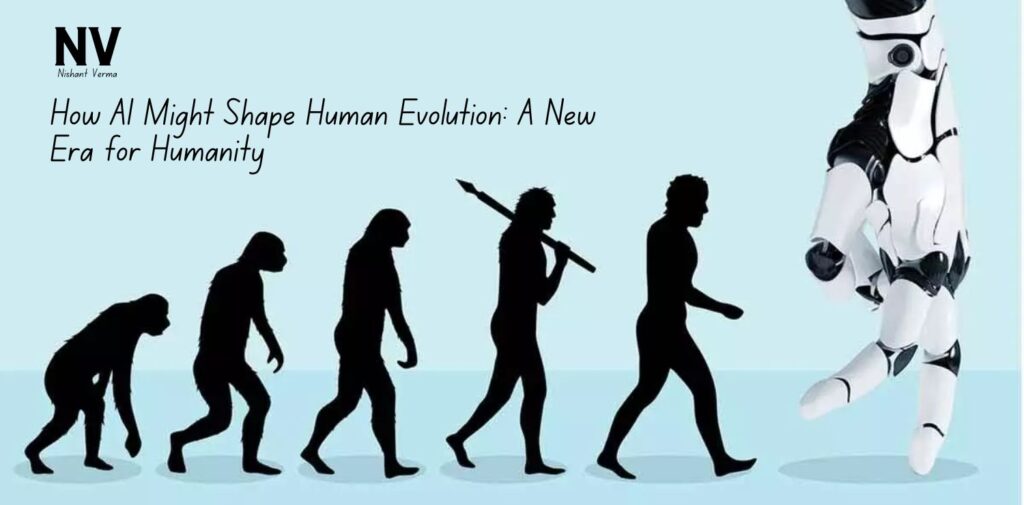In today’s fast-changing world, artificial intelligence (AI) is no longer just a topic of science fiction. It has become a part of our daily lives, influencing everything from smartphones to farming. For Indian readers, it’s important to understand how AI is not only shaping our lifestyle but could also influence the future of human evolution. Yes, we are talking about changes that could affect how we think, work, learn, and even interact as human beings. In this article, we will explore how AI might shape human evolution in a way that is easy to understand and relevant to India.

The beginning of a new partnership: Humans and AI
Artificial intelligence is designed to imitate human thinking and learning. It can analyze large amounts of data, solve problems, and even learn from experiences. With this ability, AI is becoming a strong partner for human beings. For example, in India, AI is helping farmers predict the best time to sow seeds, improving medical diagnosis in remote villages, and making online learning more personalized for students.
But this partnership could go even deeper. As AI continues to improve, it might help us make decisions faster, manage cities better, and even assist in developing smarter children by offering customized learning plans. As we rely more on AI, our brain may evolve differently. We might become more focused on creativity and emotional intelligence while leaving repetitive thinking tasks to machines.
AI and the changing nature of jobs in India
One of the biggest ways AI will influence human evolution is through the jobs we do. In India, millions of people work in industries like agriculture, textiles, customer service, and retail. Many of these jobs involve routine tasks that AI can now do more efficiently. This doesn’t mean people will lose all their jobs—it means the kind of jobs available will change.
People will need to learn new skills. Jobs that require creativity, emotional intelligence, and complex problem-solving will become more common. India is already seeing a shift, with more young people moving towards careers in data science, digital marketing, robotics, and AI development. In the long run, this shift might lead to a new kind of worker—one who works with AI, not against it. This could shape our mental abilities, social skills, and even the way we raise our children.

AI in health: Longer lives, healthier futures
In India, healthcare has always been a challenge, especially in rural areas. AI is beginning to make a difference. It can now detect diseases like cancer and tuberculosis faster than human doctors in some cases. Apps and devices powered by AI can track your health, remind you to take medicines, and even connect you to a doctor online.
With better diagnosis and early treatment, people will live longer and healthier lives. This could also change human evolution. When people live longer, they have more time to learn, grow, and contribute to society. Families might become smaller but more focused on quality of life. As AI helps control diseases and improve healthcare, it could reduce infant mortality and improve maternal health in India—both of which can affect how human populations grow and evolve.
Education powered by AI: Smarter children, flexible minds
AI is transforming education across the world, including in India. Online learning platforms now use AI to create customized study plans for each student based on their learning speed and interest. This is especially helpful in India, where access to quality education is still a challenge in many areas.
When children get access to personalized learning, they develop better understanding and problem-solving skills. In the future, education may focus more on creativity, ethics, collaboration, and digital skills. This will not only change how we learn but also what kind of human abilities we develop. AI could help create a generation that is more adaptable, smarter, and open to change—key traits for future human evolution.
AI and emotional intelligence: Will machines make us more human?
Many people fear that AI might make us less social, more dependent, and emotionally cold. But there is another possibility. As machines take over routine tasks, humans may have more time to focus on relationships, community, and mental well-being. Emotional intelligence—the ability to understand and manage our emotions and those of others—may become even more important in the future.
In India, where family bonds and social connections are deeply rooted, this could lead to a stronger focus on values like empathy, cooperation, and mutual respect. Schools and workplaces may start valuing emotional intelligence as much as technical skills. Over time, this could help in shaping a more compassionate and emotionally intelligent society.

What does the future look like for India?
India is one of the fastest-growing tech hubs in the world. With its young population and growing access to the internet, the country is in a good position to lead the world in AI development. The Indian government has already started initiatives to promote AI in sectors like agriculture, education, healthcare, and urban planning.
If used wisely, AI could help reduce poverty, improve education, boost the economy, and make cities smarter. But we also need to be careful. Overdependence on AI, data privacy issues, and job displacement are real concerns. It is important that we prepare ourselves with the right education, strong values, and a clear understanding of the limits and powers of AI.
AI won’t replace humans—but it will change what it means to be human. We must evolve not just with machines, but beyond them—becoming more creative, compassionate, and connected. That is how AI might shape not only our future but also our evolution as a species.
Final thoughts
AI is here to stay. In India and around the world, it will continue to influence how we live, learn, work, and connect with others. While this brings challenges, it also opens doors to a better future. As we move forward, let’s embrace AI not with fear, but with responsibility and curiosity. After all, the future of human evolution is not just in the hands of machines—it is in ours too.




